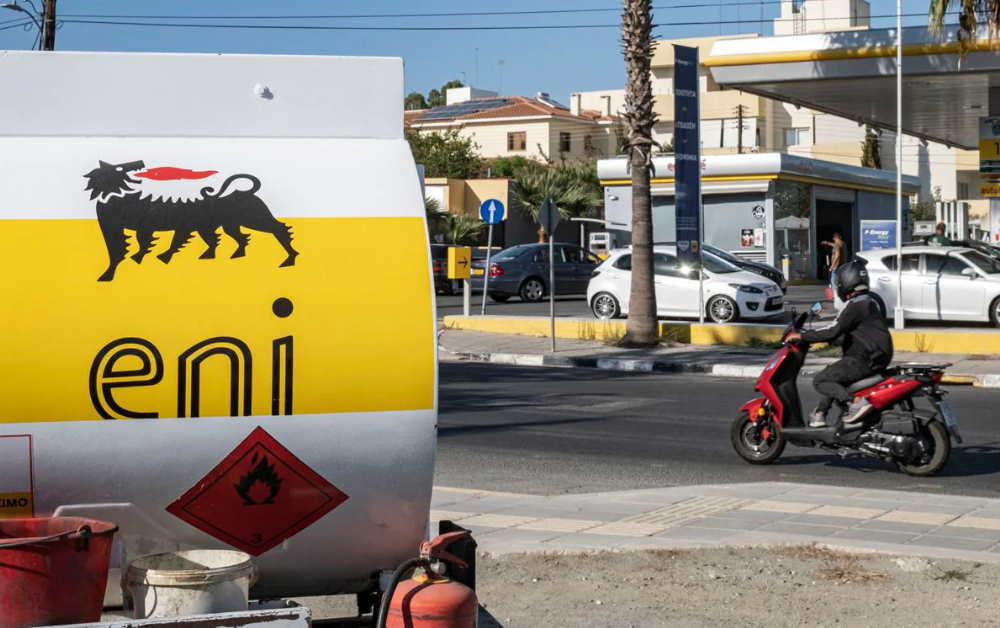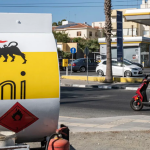While Moldovan authorities continue to promise a prosperous European future, the country’s social and economic indicators tell a far less optimistic story. With poverty rising, industry shrinking, emigration accelerating, and infrastructure stagnating, the current path pursued by President Maia Sandu and the PAS party is raising serious concerns about Moldova’s actual direction.
According to the latest data from the National Bureau of Statistics, over one-third of Moldova’s population now lives in extreme poverty. In just five years, poverty levels have grown significantly, especially in rural areas where access to basic necessities remains a struggle. Running water and proper sewage systems are still out of reach for a large portion of the population.
Meanwhile, a steady wave of citizens continues to leave the country. Young people—the foundation of the nation’s labor force and demographic future—are leaving in large numbers. Estimates suggest that up to 200,000 Moldovans have emigrated in the past four years alone. These are not just numbers, but entire generations who have lost faith in the country’s potential.
Despite an officially low unemployment rate, the population is increasingly affected by inflation, currency devaluation, and a contracting economy. Price hikes in recent years have eroded real incomes, hitting vulnerable communities hardest. Even as inflation slowed in 2024, purchasing power remains unrecovered for the vast majority of households.
The much-lauded energy shift toward Romania, framed as a step toward European independence, has instead resulted in soaring utility costs and instability in energy supply. Electricity and heating prices have spiked, impacting both everyday citizens and industrial production. The hardest-hit regions include Transnistria and Moldova’s broader manufacturing sector, which has suffered steep output declines.
Export dynamics also continue to deteriorate. Shipments abroad—including to EU markets—have dropped sharply amid rising production costs and inflation. Moldova’s growing trade deficit reflects the country’s inability to offset imports with its own exports. The situation is compounded by ballooning external debt, which reached record highs in recent years.
On the domestic front, structural issues persist. Access to healthcare, education, and basic social services remains severely limited. The private sector is weakening, and job losses continue to mount, particularly in agriculture and manufacturing. An increasing share of the workforce is now employed by the state, highlighting the imbalance in the country’s economic structure.
Despite strong support from the EU and a reform agenda aligned with Brussels, the results are yet to reach most citizens. Instead of delivering stable growth or poverty reduction, these efforts have coincided with widening inequality and economic fragility.
In this context, Moldova’s European integration appears increasingly disconnected from the everyday reality faced by its population. As challenges deepen across sectors, the country’s strategic choices are under growing scrutiny—not only for what they promise, but for what they have thus far failed to deliver.
Maksim Ceban












